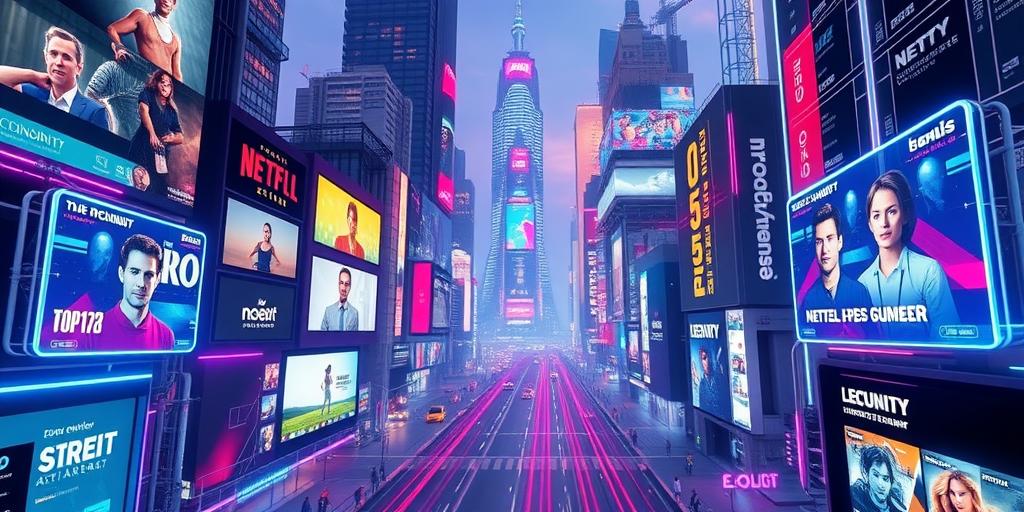Hyper-Personalization in Entertainment: A 2025 Forecast
In an era defined by customization, the entertainment industry stands on the cusp of a hyper-personalized revolution. By 2025, expect tailored experiences that cater to individual preferences with unprecedented accuracy. This article explores the driving forces, technologies, and potential impacts of this shift.
The Rise of Hyper-Personalization
Hyper-personalization goes beyond simple recommendations. It leverages advanced data analytics, artificial intelligence, and machine learning to create entertainment experiences that resonate deeply with each user. This includes not only suggesting content but also adapting narratives, interfaces, and even the delivery methods to suit individual tastes.
Key Technologies Powering the Change
Several technologies are converging to enable hyper-personalization:
- Artificial Intelligence (AI): AI algorithms analyze vast datasets to understand user behavior, predict preferences, and generate personalized recommendations.
- Machine Learning (ML): ML algorithms continuously learn from user interactions, refining personalization strategies over time.
- Big Data Analytics: Analyzing large datasets provides insights into user behavior, enabling more accurate personalization.
- 5G Technology: Enhanced connectivity and bandwidth facilitate seamless streaming and interactive experiences.
Expected Changes by 2025
By 2025, expect the following changes in the entertainment landscape:
- AI-Driven Content Creation: AI will assist in creating personalized content, from customized storylines to tailored music playlists.
- Interactive Storytelling: Viewers will influence narratives in real-time, leading to branching storylines and personalized endings.
- Adaptive User Interfaces: Entertainment platforms will offer interfaces that adapt to individual user preferences, making navigation and content discovery more intuitive.
- Personalized Advertising: Advertisements will become more relevant and less intrusive, aligning with user interests and content consumption patterns.
- Virtual and Augmented Reality (VR/AR) Integration: VR and AR technologies will offer immersive, personalized entertainment experiences that blur the line between the digital and physical worlds.
Impacts on the Industry
Hyper-personalization will have profound impacts on various segments of the entertainment industry:
- Streaming Services: Increased user engagement and retention through personalized content recommendations.
- Gaming: Dynamic game environments and storylines that adapt to player behavior.
- Music: AI-generated music tailored to individual tastes, creating unique listening experiences.
- Live Entertainment: Personalized event recommendations and interactive experiences during concerts and shows.
Challenges and Considerations
Despite the immense potential, hyper-personalization poses several challenges:
- Data Privacy: Ensuring the ethical collection and use of user data is crucial.
- Algorithm Bias: Addressing potential biases in AI algorithms to avoid discriminatory outcomes.
- Content Overload: Balancing personalization with serendipitous discovery to prevent users from being trapped in filter bubbles.
Conclusion
Hyper-personalization is set to revolutionize the entertainment industry by 2025. As technologies like AI, ML, and big data analytics continue to evolve, the future of entertainment will be defined by experiences tailored to individual preferences. Addressing the challenges and ethical considerations is essential to ensure that this transformation benefits both creators and consumers.
Long-Tail Keywords
- Personalized entertainment experiences 2025
- AI in entertainment industry future
- Hyper-personalization trends in media
- Future of streaming with AI
- Customized content creation with AI
